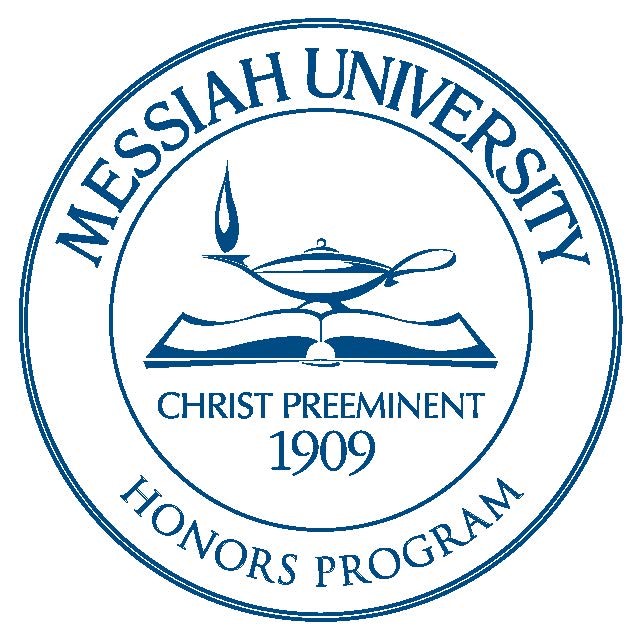Date of Award
12-4-2020
Document Type
Open Access Thesis
Degree Name
Bachelor of Arts (BA)
Department
English
First Advisor
Dr. Samuel Smith
Abstract
"There are very few things that will motivate a thirteen-year-old child who has grown up comfortably and surrounded by supermarkets to pick green beans and to pick them joyfully. Dusty bean plants covered in yellow beetle larvae and located beneath a glaring sun do not exactly inspire an adolescent (or any sane person, really) to caper and sing. Neither do interestingly mottled rashes on the forearms - which appear after extensive rummaging through bean leaves - encourage the picker to return readily to the task. When my parents bought the family farm from my grandparents, they had some idea (as I learned much later) of converting their four city-born teenage children into a posse of effective and willing farm hands. This pleasing vision, which was conceived with the best of intentions, failed to bear much fruit, and my parents, probably despairing of such machine-like family cohesion, contented themselves with occasionally asking us to pull miles of pickle vine out of the hay field or to pitchfork mounds of manure around the garden...."
Recommended Citation
Bye, Christine, "Sustainable Community in Literature and Lancaster County: Finding a Way Forward on Small Farms" (2020). Honors Projects and Presentations: Undergraduate. 351.
https://mosaic.messiah.edu/honors/351



Comments
This departmental honors project focuses on a sustainable community in the writings of authors like Henry David Thoreau, Wendell Berry, and Marilynne Robinson. Christine double majored in English and Spanish. Christine notes that her inspiration for her topic was “the predicament of my generation, which needs to find a way of living that is not so destructive to the environment. The task is immensely difficult, especially in modern American society where success is measured on a purely materialistic scale. I was also inspired by the dozens of small farmers in Southern Lancaster County, my own family included, who demonstrate many of the advantages and difficulties of implementing sustainable community.”